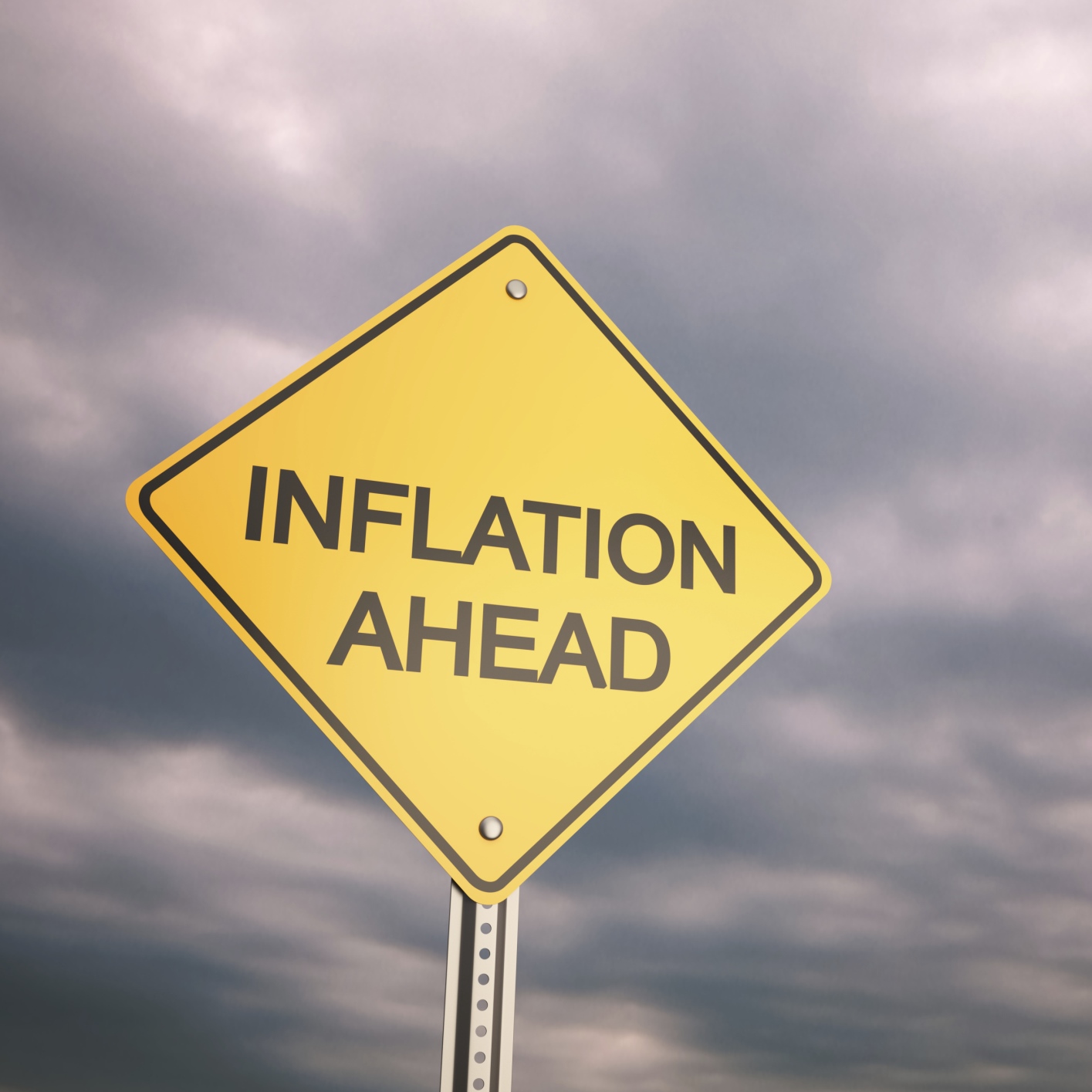Economy
CPI Watch: Why Some Worry That Consumer Inflation Will Keep Rising

Published:
Last Updated:

On Tuesday, October 18, the Department of Labor is set to release its Consumer Price Index (CPI). This is the most direct measurement of inflation because it reflects what is happening at the consumer level rather than just at the producer and wholesale level.
While inflation has been tame for many years now, the reality is that we are at least starting to see some inflationary pressures building. Even if we get the argument that inflationary pressures are not building, we are seeing more and more expectations for inflationary pressure. We also noticed how the core CPI reading released in September, for an August reading, met the Fed’s most basic inflationary target.
As a reminder, the Federal Reserve wants to get the U.S. economy up to its target of 2.0% to 2.5% inflation. That level, along with a full employment economy of today, will help to justify all of the Fed presidents’ jawboning about the need to hike interest rates.
As far as what to expect, Reuters is calling for a headline CPI gain of 0.3% on the monthly reading and 1.5% on the annual reading. Then there is the core CPI, ex-food and energy, where Reuters seen a monthly gain of 0.2% for the month and a 2.3% gain for the year.
Bloomberg is calling for a 0.3% gain on the monthly headline reading and a 0.2% monthly gain on the core CPI reading. Dow Jones is also calling for a 0.3% gain on the monthly headline reading and a 0.2% monthly gain on the core CPI reading.
Again, what will probably matter the most for the Fed is the annualized reading. If inflation is running closer to 1% then hiking rates is harder to do. If inflation is close to 2.0%, or even higher (even at just the core CPI reading), then they will have more justification to hike interest rates in December.
As far as why there may be some increased expectations for inflation, they are numerous. 24/7 Wall St. has covered some of these (with links) and we have seen other comments elsewhere.
Another consideration is not just how data-dependent the Fed will be ahead. They have toned that data-dependent rhetoric down a bit more of late. We saw last week that the monthly Merrill Lynch RIC Report even warned about higher inflation expectations ahead.
Stay tuned.
A financial advisor can help you understand the advantages and disadvantages of investment properties. Finding a qualified financial advisor doesn’t have to be hard. SmartAsset’s free tool matches you with up to three financial advisors who serve your area, and you can interview your advisor matches at no cost to decide which one is right for you. If you’re ready to find an advisor who can help you achieve your financial goals, get started now.
Investing in real estate can diversify your portfolio. But expanding your horizons may add additional costs. If you’re an investor looking to minimize expenses, consider checking out online brokerages. They often offer low investment fees, helping you maximize your profit.
Thank you for reading! Have some feedback for us?
Contact the 24/7 Wall St. editorial team.